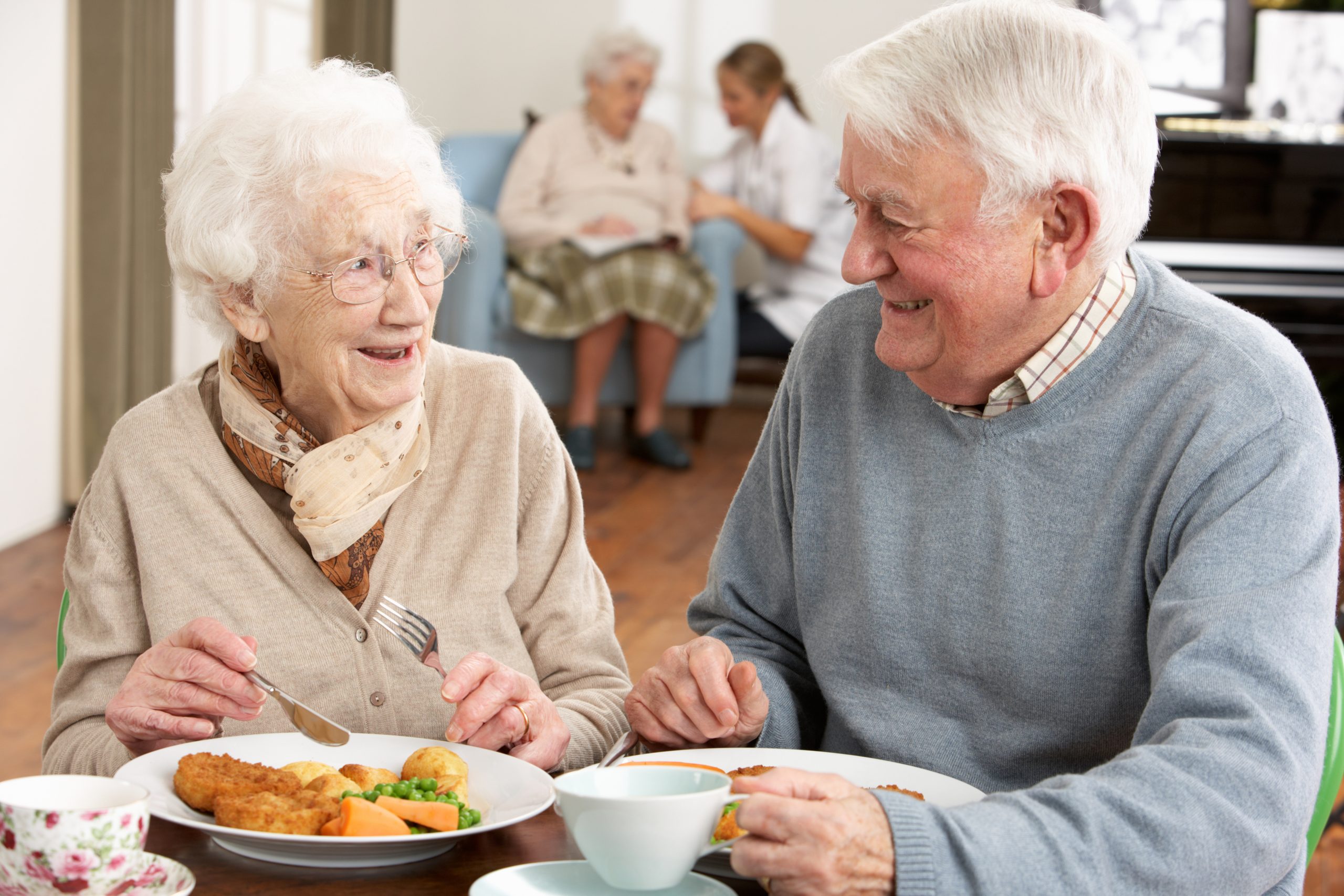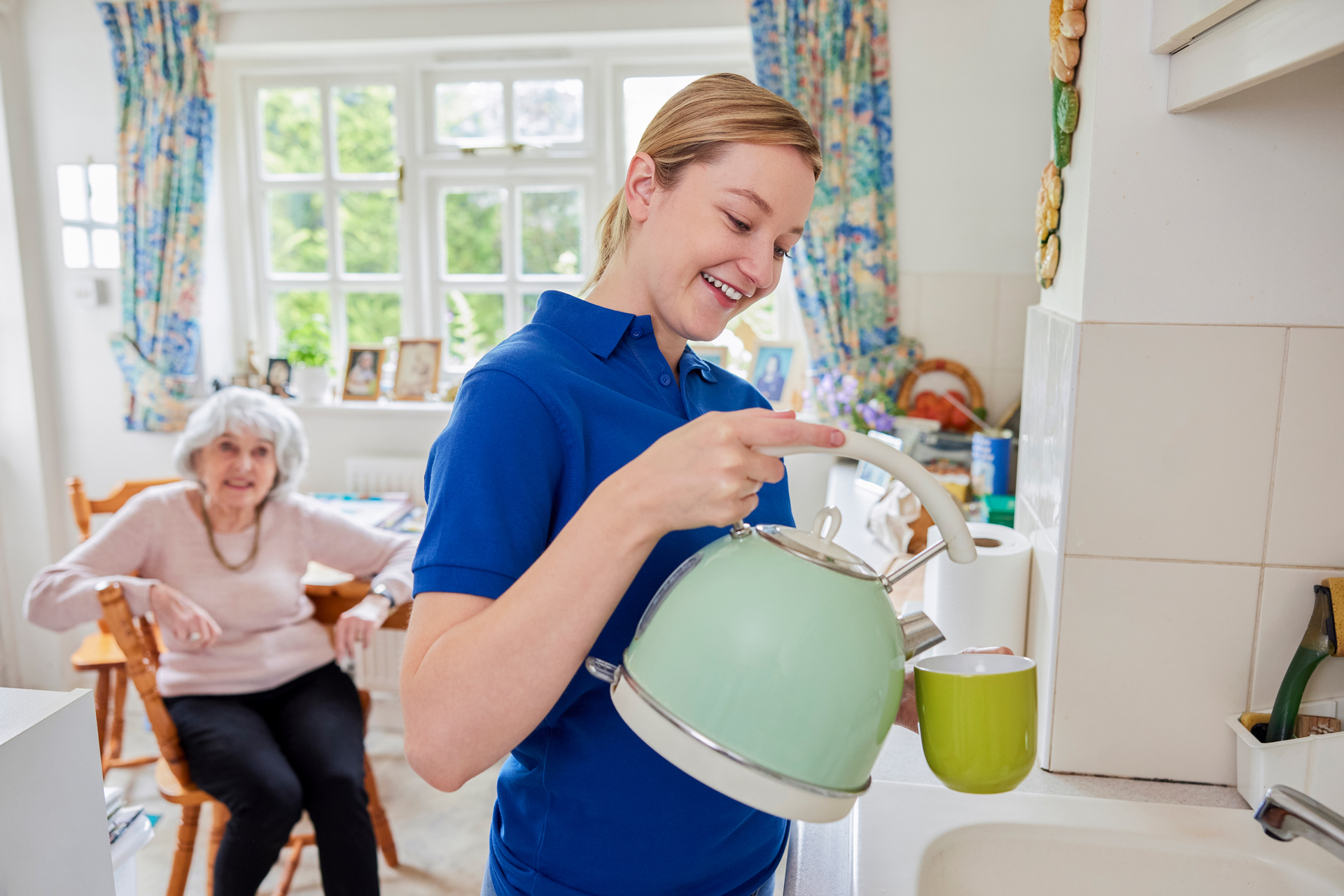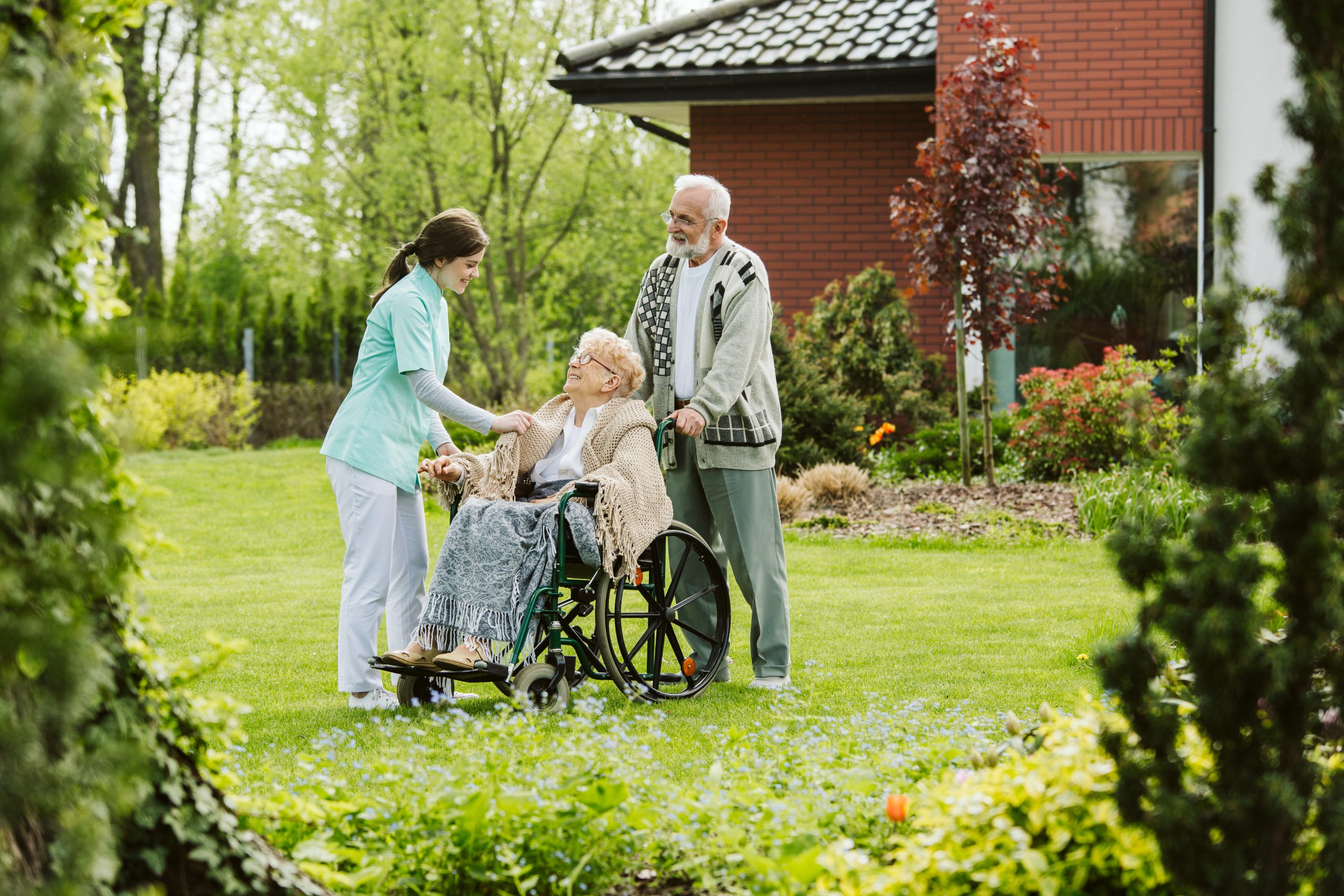How to Prevent Loneliness in Old Age


Elderly Loneliness Advice
Older people are especially vulnerable to loneliness and social isolation – and it can have a serious effect on health. But there are ways to overcome loneliness, even if you live alone and find it hard to get out.
Hundreds of thousands of elderly people are lonely and cut off from society in this country, especially those over the age of 75.
According to Age UK, more than 2 million people in England over the age of 75 live alone, and more than a million older people say they go for over a month without speaking to a friend, neighbour or family member.
People can become socially isolated for a variety of reasons, such as getting older or weaker, no longer being the hub of their family, leaving the workplace, the deaths of spouses and friends, or through disability or illness.
Whatever the cause, it’s very easy to be left feeling alone and vulnerable, which can lead to depression and a serious decline in physical health and wellbeing.
Someone who’s lonely probably also finds it hard to reach out. There’s a stigma surrounding loneliness, and older people tend not to ask for help because they have too much pride. We offer companionship to many clients through our home care services and we love to hear the stories and help them reminisce about their lives.
If you begin to feel lonely, remember you’re not alone. Feeling lonely doesn’t necessarily mean you have no one nearby. You can be surrounded by friends and family but still, feel lonely.
Try to talk to someone
When you feel lonely it can be tempting to think nobody would want to hear from you. But often you’ll find people do want to help. If there are people around you who you can talk to, it can be a good idea to talk about your feelings. This might seem like a difficult conversation to have, but actually talking is often the best way to start feeling better. Talking to someone you know could let them try and help you, while they may not necessarily have the answer it can make you feel listened to and often outside perspectives can really help.
Have a chat with a volunteer
Or you could take advantage of services that tackle loneliness. If you like having a chat there are a number of services that could match you with someone to talk to, including:
Age UK’s Telephone Friendship Service allows you to sign up for a free weekly friendship call. It can be a great way to speak to someone new.
Silverline also offers weekly calls to people age 55 and over. This is a free service for people looking to have a chat with a friendly and supportive volunteer.
Many local age UKs offer face-to-face befriending services. These often involve a volunteer visiting someone at home for a cup of tea and a chat.
Try to make new connections
Spending time with other people can prevent you from feeling lonely or anxious and give you a chance to share experiences, thoughts and ideas.
You might want to consider joining a friendship group. This can be a good way to build new and meaningful friendships, and help you to regain your confidence.
You might want to be around people you have more in common with. Contact your local Age UK to find out what social activities they offer. They often have unique clubs and classes you can take part in. These can be great to maintain social connections but also are a great way to learn a new skill or revisit an old hobby.
If you’re missing the social connections you used to have through work, you could also consider volunteering or perhaps going to classes through The University of the Third Age.
What should I do if I’m worried about my mental health?
Loneliness can have a significant impact on our mental wellbeing. Being lonely can often lead to you feeling worried, low, out of sorts, or just struggling to work up the energy to do things you used to. These are signs you’re not feeling as well as you could be. Talking is often the best way to start feeling better. That could be with a family member, your doctor or nurse or social worker – whoever you feel comfortable with.
If you speak to your doctor or nurse, they might be able to suggest things you can do to help. Understandably, the idea of talking to someone can be daunting for some, and for others, it’s just not in their nature to talk about their feelings. But ignoring it doesn’t make it go away, it’s likely to only make it worse in the long-term. Maybe now is the time to take that first step to help yourself feel better.
Loneliness can affect anyone at any age but loneliness in old age is particularly prevalent and distressing. Remember there are people and organisations out there. View our useful resources in Central Bedfordshire for more information.


